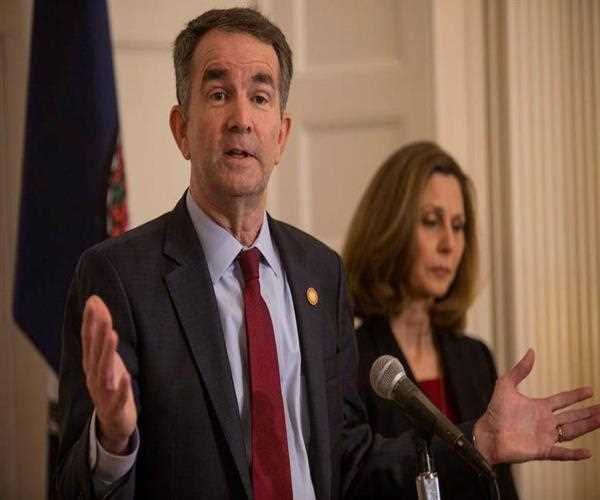An overview-The government of Virginia:
The leader of the Virginia executive branch is given the title of Governor. Administrative law contains the regulations and decisions made by government agencies and other entities that fall under the Commonwealth's executive branch (the Governor's office).
The General Assembly empowers these agencies, boards, and commissions to implement and enforce state law through promulgating rules and regulations. Article V of Virginia's constitution grants and describes the responsibilities and powers of the executive department.

Also read:
Name the capital city of Virginia, USA?
The power vested on the Governor:
The Governor is the head of the Virginia government. At the start of every normal session, they must report the state of the Commonwealth to the Virginia General Assembly, which includes both
Senate and the House of Delegates. They must start the legislature when two-thirds of both houses call a meet for a special session.
The Governor must make sure that the laws of the Commonwealth are faithfully executed by either allowing or signing them to come into law or by vetoing, not allowing them to become law. They are
responsible for the safety of the state of Virginia as they serve as commander-in-chief of the Virginia Militia.
In addition to these responsibilities of the Constitution, the Code of Virginia
declares that Governor shall serve as a member of various other state boards, councils, and commissions, including the Center for Rural Virginia and the
Board of Trustees of the Jamestown-Yorktown Foundation; the Board of Directors responsible for the Virginia Economic Development and the Virginia Authority for Tourism; the Virginia Military Advisory Council, the
Commonwealth Preparedness Council and the Council on Virginia’s Future.
Also read:
Which state seceded from Virginia in 1863?